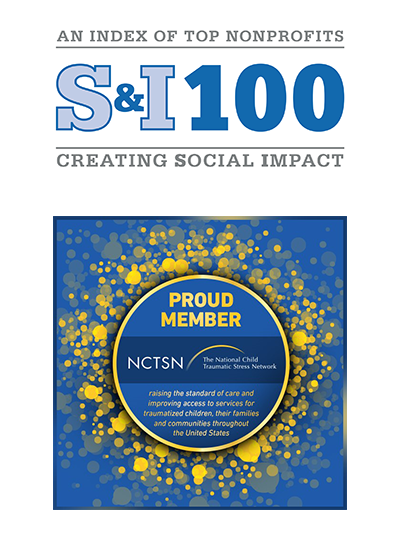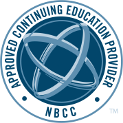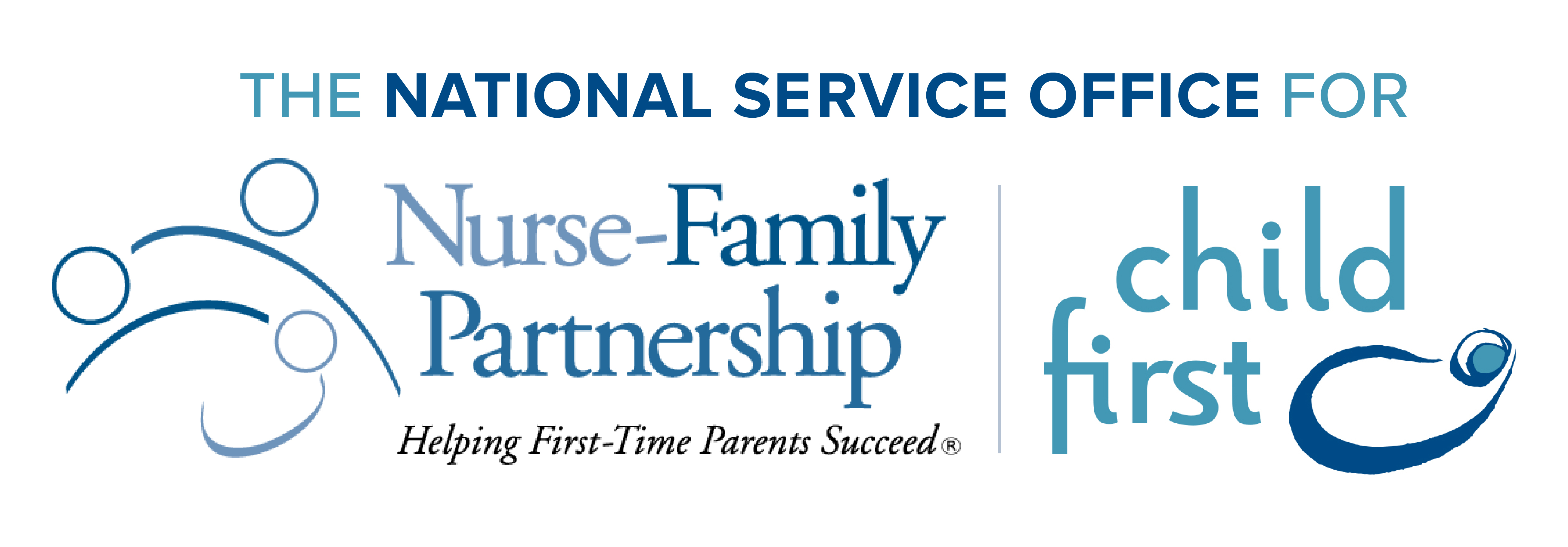Implementation Framework
The intervention is conducted in the home with the child, parents or other primary caregivers, and other family members. Child First intervention addresses the highest risk families, decreases stress within the family, increases stability, facilitates connection to growth-promoting services, and supports the development of healthy, nurturing, protective relationships.
Staffing: Each affiliate site has a Child First Clinical Director/Supervisor and two to six clinical teams. The Child First team consists of a licensed, Master’s level Mental Health/Developmental Clinician and Bachelor’s level Care Coordinator, both with significant expertise with very young children and vulnerable families. They work together in the home with the family.
Caseload: Each Child First team usually carries between 12 and 16 families, such that they are able to complete 12-14 home visits per 40 hour work week. However, this varies based on intensity of service need, success of planned visits, and travel time.
Visits: Families receive visits twice per week during the assessment period (first month) and then once a week or more, depending on the needs of the child and family. After assessment, Clinicians and Care Coordinators may visit together or separately, based on the individual family needs. Visits last 1- 1.5 hours.
Duration of services: Services generally continue for six to twelve months, but may be longer based on individual family needs.
Summary of Home-based Intervention Components
Child First home-based intervention has seven major components:
Engagement of Family
-
The intervention begins with engagement and trust building. We begin by asking what we can do to help the family meet their own goals and listen closely to their concerns. The Child First team members serve as family partners and advocates. Learn More
Comprehensive Assessment of Child and Family
-
The Child First Team partners with the family to understand the child’s health and development, the child’s important relationships with parents as well as other individuals who care for the child (e.g., early care providers), child trauma and other stressors (e.g., violence and separation), and the multiple challenges experienced by the parents that interfere with their ability to protect, nurture, and support their child’s development. Formal measures, conversations, observations, and records from other providers are included in the process. Learn More
Development of Child and Family Plan of Care
-
A family-driven plan consisting of comprehensive, well-coordinated, therapeutic intervention goals, supports, and services is developed in partnership with the parents or caregivers. This plan reflects the parents’ goals, priorities, strengths, culture, and needs. This serves as the Medicaid-compliant treatment plan. Learn More
Parent-Child Psychotherapeutic Intervention
-
The promotion of responsive nurturing through a parent-child psychotherapeutic approach was designed to enhance the parent-child relationship as fundamental to the child’s social-emotional health and cognitive development. Given the high level of risk and psychological challenges in the children and parents served by Child First, an intensive approach that blended parent guidance and dyadic, psychotherapeutic treatment was deemed most appropriate to meet the needs of our multi-challenged families. This approach is highly individualized and driven by the child and family’s unique strengths, needs, culture, and psychological availability. Learn More
Enhancement of Executive Functioning
-
The Child First Team promotes self-regulation and executive functioning capacity through both the psychotherapeutic intervention and the development and execution of the service plan. We mentor caregivers so that they are able to thoughtfully focus attention, plan, organize, problem solve, and succeed. Furthermore, this enables them to scaffold the development of executive functioning in their own children, which is essential to their children’s educational success. Learn More
Mental Health Consultation in Early Care and Education
-
The Mental Health Clinician works with the early care and education environment to provide consultation to the teacher or caregiver. This is especially critical when there are challenging behaviors within the classroom. The Clinician conducts observations, discusses past and current behavior with the teacher, and helps the teacher understand the meaning of the child’s behavior. Together they develop strategies that can meet the child’s individual needs and coordinate efforts between early care and education and the home. Learn More
Care Coordination
-
The Care Coordinator facilitates the coordination of services and the family’s access to multiple resources throughout the community, based on the collaborative planning with the parents. The Care Coordinator listens carefully, always reflecting on the meaning of the service for the family. The Care Coordinator provides hands on assistance obtaining information and partnering with community providers, researching program appropriateness and availability, and making and facilitating referrals to provider agencies. Though this process, she promotes the caregiver’s executive functioning. Learn More







